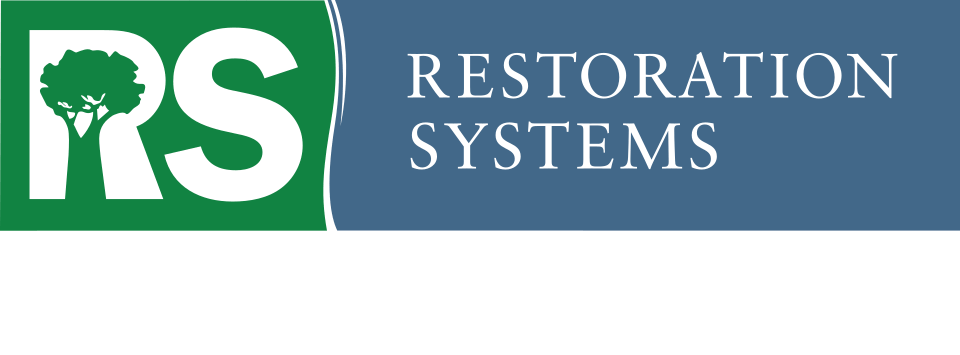This is the first of several blog articles I intend to write that are designed to encourage your attendance at the upcoming “2014 National Mitigation & Ecosystem Banking Conference” in Denver (May 6-9). Without an ounce of shame, I’ll initially feature Session 6 of which I am the moderator, “Emerging Markets.”
 The planning committee has selected three excellent presenters covering a variety of issues, all of which should be of great interest to many conference attendees.
The planning committee has selected three excellent presenters covering a variety of issues, all of which should be of great interest to many conference attendees.
Brett Berkley, Senior Vice President of Greenvest, LLC, is extensively involved in nutrient offset generation and banking, including active trading in existing markets, as well as participation on various task forces, workgroups, advisory panels, etc., to catalyze emerging markets. His presentation will highlight existing nutrient trading markets (what has worked, lessons learned, etc.) and describe the challenges these emerging markets face (components of credit calculation; competing stakeholder interests; verifying, maintaining and monitoring results; fees-in-lieu; service areas; demand drivers; etc.) and explore future trends and opportunities. The discussion of existing markets will cover North Carolina’s established and successful nutrient trading program, as well as Maryland’s Nutrient Cap and Trade Program- now 5 years old without a single trade successfully executed.
Vanessa Hickman, Arizona State Land Commissioner, Arizona State Land Department, provides recommendations to the Governor on a statewide approach to mitigation and conservation banking that includes State government, local governments and the private sector in order to meet long-term natural resource conservation objectives. Her presentation will include a discussion highlighting the challenges and successes facing the Mitigation & Conservation Banking subcommittee of the Natural Resources Review Council (NTCC) due to conditions in the arid southwest, a recently approved in-lieu fee program administered by the Arizona Game & Fish Department, the specific Congressional mandate directing the scope of the management of State Trust lands, and the vast amount of land under public ownership in Arizona.
Doug Robotham, Water Projects Director, The Nature Conservancy, Colorado, is developing mapping, guidance and decision tools to support a more comprehensive approach to biodiversity conservation and river basin planning. His recommendations will help improve how voluntary water banking agreements and investments are targeted to optimize water supply security and environmental benefits. A collaborative group, including West Slope agricultural interests, Front Range cities, and The Nature Conservancy, is working on an alternative risk mitigation strategy that entails creation of a Water Bank for Colorado’s western slope that could operate either to forestall or respond to such a call, should one materialize.
For information about the conference, go to http://www.mitigationbankingconference.com/
I hope to see you in Denver.

